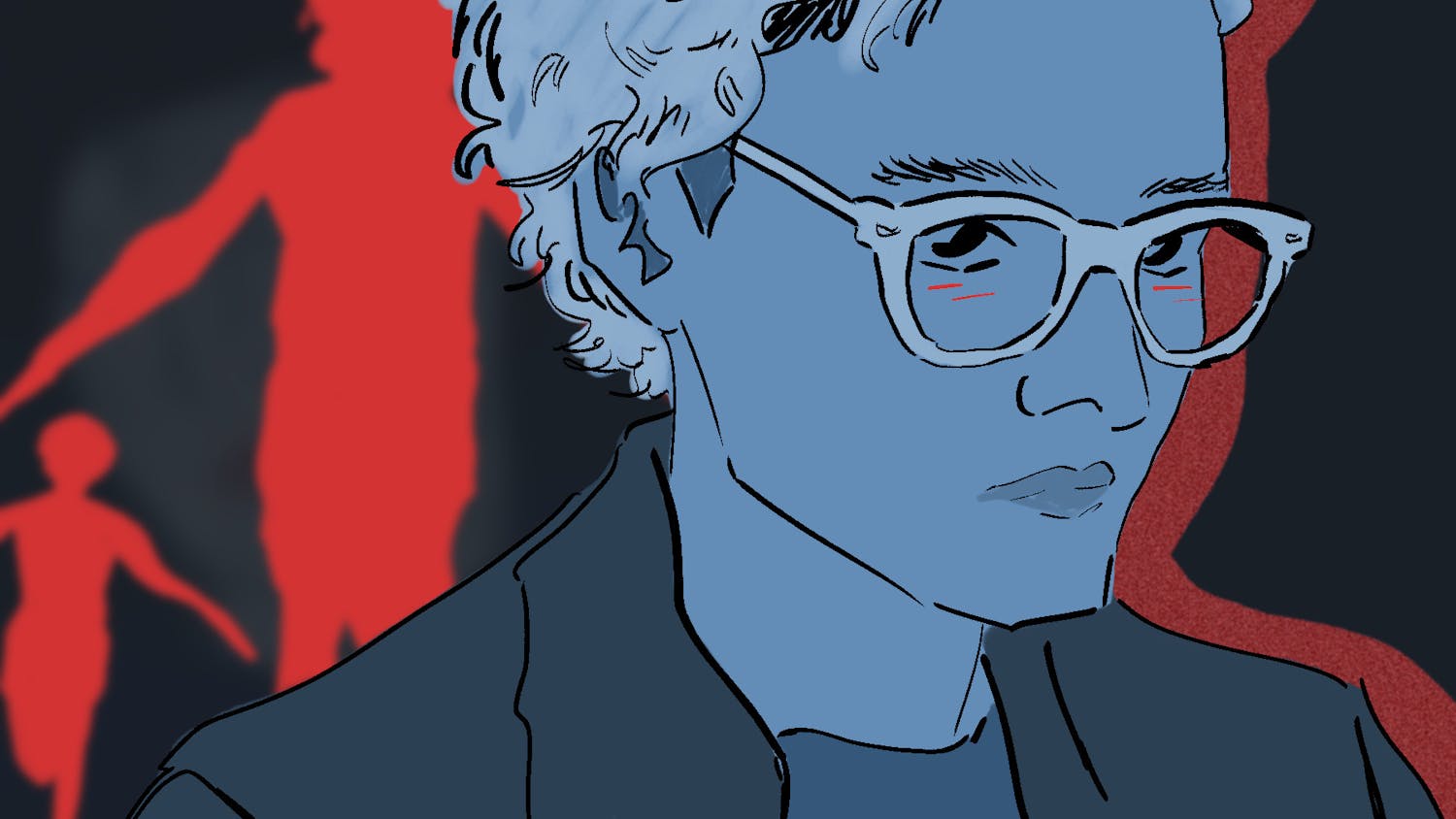Tonight, George Griffin '65 will be presenting his one man show, "The World of George Griffin" at the Hopkins Center. Griffin has been termed by Film Studies Professor David Ehrlich as "the leader in the '70s of the American independent animators movement."
For his presentation, Griffin plans to show a collection of many of the films he's created over the last 20 years. They range from two-minute animated shorts and commercials to longer 20-minute pieces. After the presentation, Griffin will talk about his works and answer questions.
One of the most characteristic elements of Griffin's work is his constant shifting in styles. He claims when he begins a new piece, he tries to "forget everything ... It goes hand in hand with my anti-professionalism ... I really don't have one particular style."
The anti-professionalism that he refers to is a deep rooted belief that professionalism inhibits creativity. "Whenever I hear the word professional, I reach for my gun," he said. "I admire the idea of the spontaneity and the sketch rather than the perfectly airbrushed stroke. I love the fact that there is someone on the edge making decisions spontaneously. It sounds and feels more exciting to me."
Ehrlich said that Griffin also has an extraordinary knowledge and respect for the original pioneers of animation. "He has been able to successfully integrate his knowledge into his own personal content and form," he said. "He also is able to express very personal aspects of himself in his films."
One of the perks for George Griffin about the show will be returning to Dartmouth. "I think it'll be fun for me to see how the place has changed," he said. Griffin first came to Dartmouth in 1961 but then later took time off after his sophomore year. "I had dropped out of Dartmouth because I was drafted," Griffin explained. He credited his time in the army as a major period of maturation that exposed him to several realities of life and focused his goals.
"Many things in life were politicized. It became a natural pursuit for me. The main object was to see how to make the government work and to do what you wanted it to do -- which was to stop the war," he said. Griffin then returned to Dartmouth and graduated with a political science degree.
However, once out of Dartmouth, Griffin's interests veered more towards drawing. He moved to New York City where he soon met people from film and animation communities. There George realized that he would rather make his mark through animation, not politics. "There's something that I got out of making art that I did not get out of trying to apply my political science background," he said. "It was a more fulfilling experience."
In the studio system, Griffin first learned the ropes of the trade. He served as an apprentice on Ralph Bakshi's notorious "Fritz the Cat" and experimented with his own work on the side. "I made up my own techniques and my own way of doing things," Griffin explained.
By the end of the 1970s, Griffin had become an active member of the animation community. His experimental approaches led to wide recognition. "In the '70s, we sort of rallied and got galleries to show our stuff. We were sort of rallying our aesthetic sabres. I think it had an influence on a lot of things today. One could say the MTV aesthetic."
In the 1980s, Griffin began making commercials, thus exposing his distinctive style to a larger audience. He has created spots for Honda, Ryder Truck Rentals, and Dollar Rent-a-Car, among many other clients. Ehrlich said that "he was highly regarded as someone who was able to translate experimental styles into commercials and have an influence on the movement of a lot of independents into the commercial field."
Griffin's success has led to teaching positions at Harvard University, New York University and Hunter College. He has received various awards for his work, including the UNICEF Award for his film "A Little Routine." However, Griffin believes that honors play an all too important role in film. "Grants and awards loom much larger than they should," he said. "Obviously some work rises above others, but I don't like competition."
As for the state of animation in the '90s, Griffin still upholds that most of what is released is juvenile. Nevertheless, he is impressed with shows such as "The Simpsons" which he calls "inspired" and an example of mature animation. "Before I would have thought that a studio could never do something interesting. I would change that now. Get the right writers in there, and you get a formula that works."



